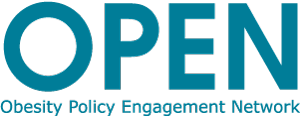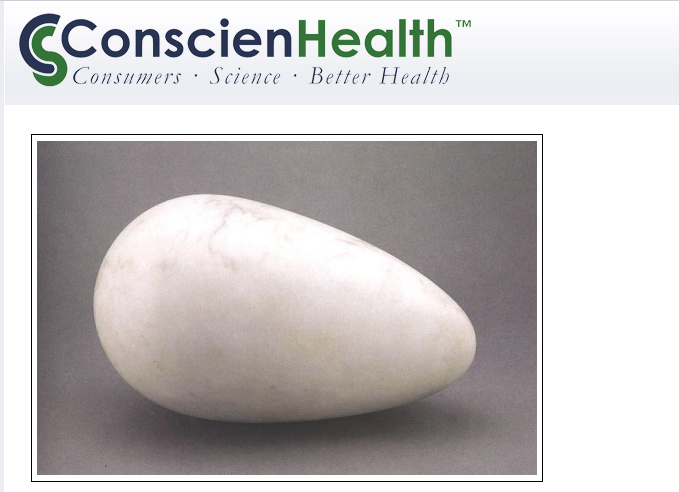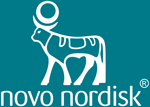In one intense week, the European Congress on Obesity and the Canadian Obesity Summit are setting the bar high for translating research and guidelines into policies and action. A year ago, new Canadian guidelines emerged. The driving concept was simple – health first, before weight. Then in March, the European Commission redefined obesity. It’s a chronic disease and a gateway to other diseases. Again, it is all about health. Around the world, it is impossible to ignore because it is driving an epidemic of non-communicable diseases (NCDs).
Moving from Guidelines to Policy
Clearly, knowing what to do is helpful, but it’s not enough. In a session sponsored by the Obesity Policy Engagement Network (OPEN), ECPO Chair Ken Clare explained:
“We have an institute called the National Institute of Heath and Care Excellence and they produce guidelines, but these can’t be enforced at a local level. I think disease recognition at a governmental level, so it was fully mandated, could be a really positive step.”
Likewise in Canada, Ian Patton explained they face a similar challenge:
“As we approach a year since the publication of the groundbreaking Clinical Practice Guidelines for Obesity, it is time to work on how we adopt and implement the evidence based recommendations.
“This starts from the top, we need Health Canada to acknowledge the science and recognize obesity as a chronic disease. We need a chronic disease framework for management paired with a comprehensive approach to prevention and policy.
“We need provincial governments to follow suit and start prioritizing improved access to obesity management.”
Moving Beyond Primary Prevention
Jacqueline Bowman-Busato is the EU Policy Lead at the European Association for the Study of Obesity (EASO). She explained the need to move beyond a sole focus on primary prevention:
“In March the European Commission updated their definition of pre-obesity and obesity: ‘Obesity is a chronic relapsing disease which in turn is a gateway for other diseases.’ We have it in writing, but the question is what do we do with this?
“There has to be a revolution, but what kind of revolution? The main push has really been on prevention, but the fact of the matter is there is a need for prevention and treatment.”
Professor Liesbeth van Rossum, who chaired the OPEN session, put it more plainly:
“If you have a full bath with the tap running, turning off the tap is the primary prevention we need. But the bath is already full; these are the people who already have obesity. We need to unplug the bath. Why do we wait until cancer or heart attack develops?”
The answer to her question is simple, yet hard to do. We must translate research and guidelines into policies and action. In various places around the world, it’s starting to happen.
Click here for more on the Obesity Policy Engagement Network and here for an excellent thread from yesterday’s session.









